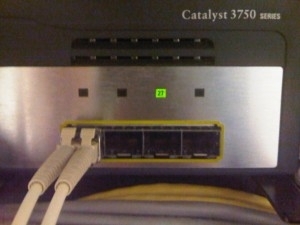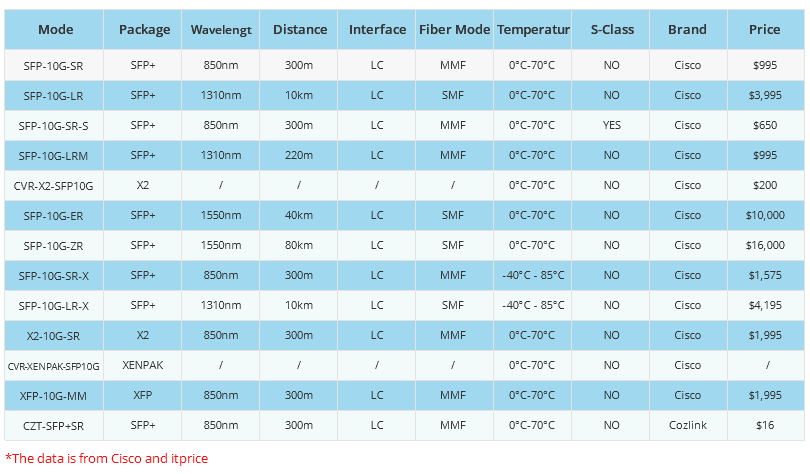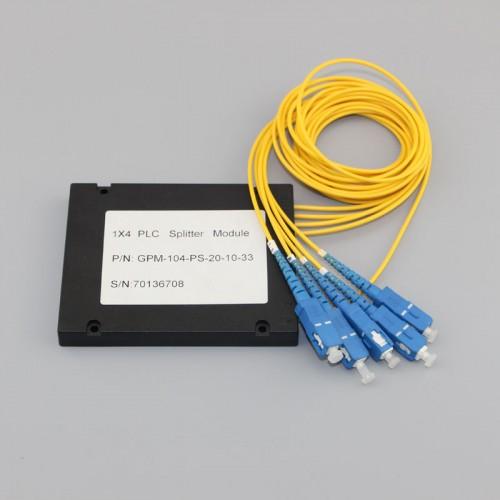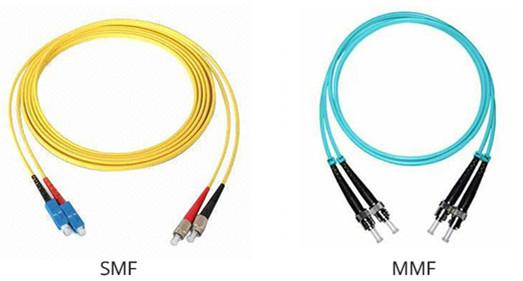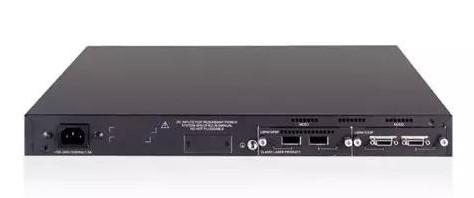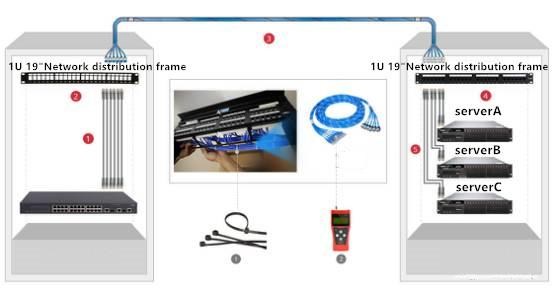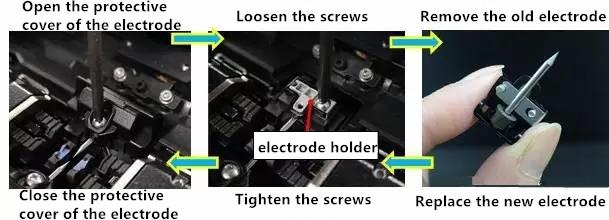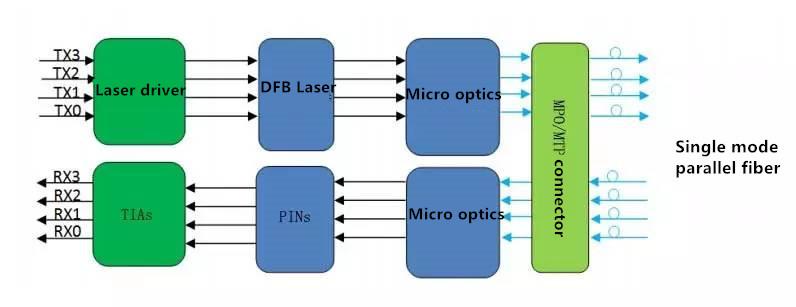- Related articles
- All Cisco SFP-10G-SR’s information (Overview, List price, Specs, Datasheet PDF, Compatibil
- All Cisco SFP-OC3-SR's information (List price, Specs, Datasheet PDF, Compatibility matrix
- All Cisco XFP10GLR192SR-RGD's information (List price, Specs, Datasheet PDF, Compatibility
- Optical Transceivers for Cisco SRW248G4-K9-EU Switch
- Optical Transceivers for Cisco WS-C2960X-24PS-L Switch
- What is BNC Connector Network Card?
- All Cisco SFP-10G-LRM’s Information (Overview, Features, Datasheet PDF, Price, Specificati
- All Cisco SFP-10G-SR-S’s Information (Overview, Features, Datasheet PDF, Price, Specificat
- The difference between SFP+ and QSFP+
- All Cisco DS-CWDM-1590's information (List price, Specs, Datasheet PDF, Compatibility matr

In April 2003, Cisco announced the Catalyst 3750 as a new product family. The Catalyst 3750 provides Cisco’s first high density gigabit Ethernet over copper switch in a fixed chassis, providing up to 24 x 10/100/1000BASE-T ports + 4 x 1000BASE-X ports in a single 1.5RU chassis.
The Cisco Catalyst 3750 is similar in many respects to the Catalyst 3550, with the same concept of SMI and EMI and full Layer 3 switching capabilities. It also provides several enhancements over the Catalyst 3550, which include the following:
- Memory— The Cisco 3750 includes 128 MB memory (compared with 64 MB in Catalyst 3550), which allows for more unicast and multicast routes to be stored in the routing table.
- Gigabit Ethernet over copper— High-density 10/100/1000 gigabit Ethernet copper ports.
- IP version 6 (IPv6)— Support for hardware-based Layer 3 switching for IPv6 in future software releases.
- Stackwise technology— Enhances performance, scalability, and management by allowing up to 9 switches to be stacked using a 32-Gbps interconnect. All switches are managed as a single entity, with all ports from all switches appearing as part of a single virtual switch.
- Jumbo frames— Allows the 3750 to support oversized Ethernet frames on Gigabit Ethernet ports, which are important for high data transfer applications such as storage and video.
- Support for SFP— Provides 1000BASE-X connectivity with new small form-factor pluggable module technology, which replace the previous Gigabit Interface Converter (GBIC) technology. SFPs are much smaller than GBICs, allowing for up to 4 x 1000BASE-X connections on the Catalyst 3750 switch.
Table 1-5 lists each of the Catalyst 3750 switches. Each switch contains 16 MB flash and 128 MB memory.
Table 1-5. Cisco Catalyst 3750 Models
| Model | Hardware Specifications Performance | Software Image | Forwarding Bandwidth | Forwarding Rate |
| 3750-24TS | 24 x 10/100BASE-T 4 x 1000BASE-X (SFP) 48 x 10/100BASE-T | SMI or EMI | 32 Gbps | 6.5 Mpps |
| 3750-48TS | 4 x 1000BASE-X (SFP) | SMI or EMI | 32 Gbps | 13.1Mpps |
| 3750-24T | 24 x 10/100/1000BASE-T 24 x 10/100/1000BASE-T | SMI or EMI | 32 Gbps | 35.7Mpps |
| 3750-24TS | 4 x 1000BASE-X (SFP) | SMI or EMI | 32 Gbps | 38.7Mpps |
Cisco Catalyst 3750 Switches Increase Network Resilience and Scalability
The Cisco Catalyst 3750 v2 Series are next-generation energy-efficient Layer 3 Fast Ethernet stackable switches. These new switches support Cisco EnergyWise technology, which helps you manage the power consumption of your network, thereby reducing energy costs and carbon footprint. The Cisco Catalyst 3750 v2 Series consumes less power than its predecessors and is an ideal access layer for enterprise, retail, and branch environments. It helps increase productivity and protects your network investment by providing a unified network for data, voice, and video.
The Cisco Catalyst 3750 is available with two software images:
- IP Base software includes advanced quality of service (QoS), rate limiting, access control lists (ACLs), Open Shortest Path First (OSPF) for routed access, and IPv6 functionality.
- IP Services software provides a broader set of enterprise-class features, including advanced hardware-based IP Unicast and IP Multicast routing, as well as policy-based routing (PBR).
Simple Network Management
Available for the Catalyst 3750 Series, the Cisco Network Assistant is a centralized management application that simplifies the administration task of Cisco switches, routers, and wireless access points. Free of charge, the application provides configuration wizards that greatly simplify the implementation of converged networks and intelligent network services.













































